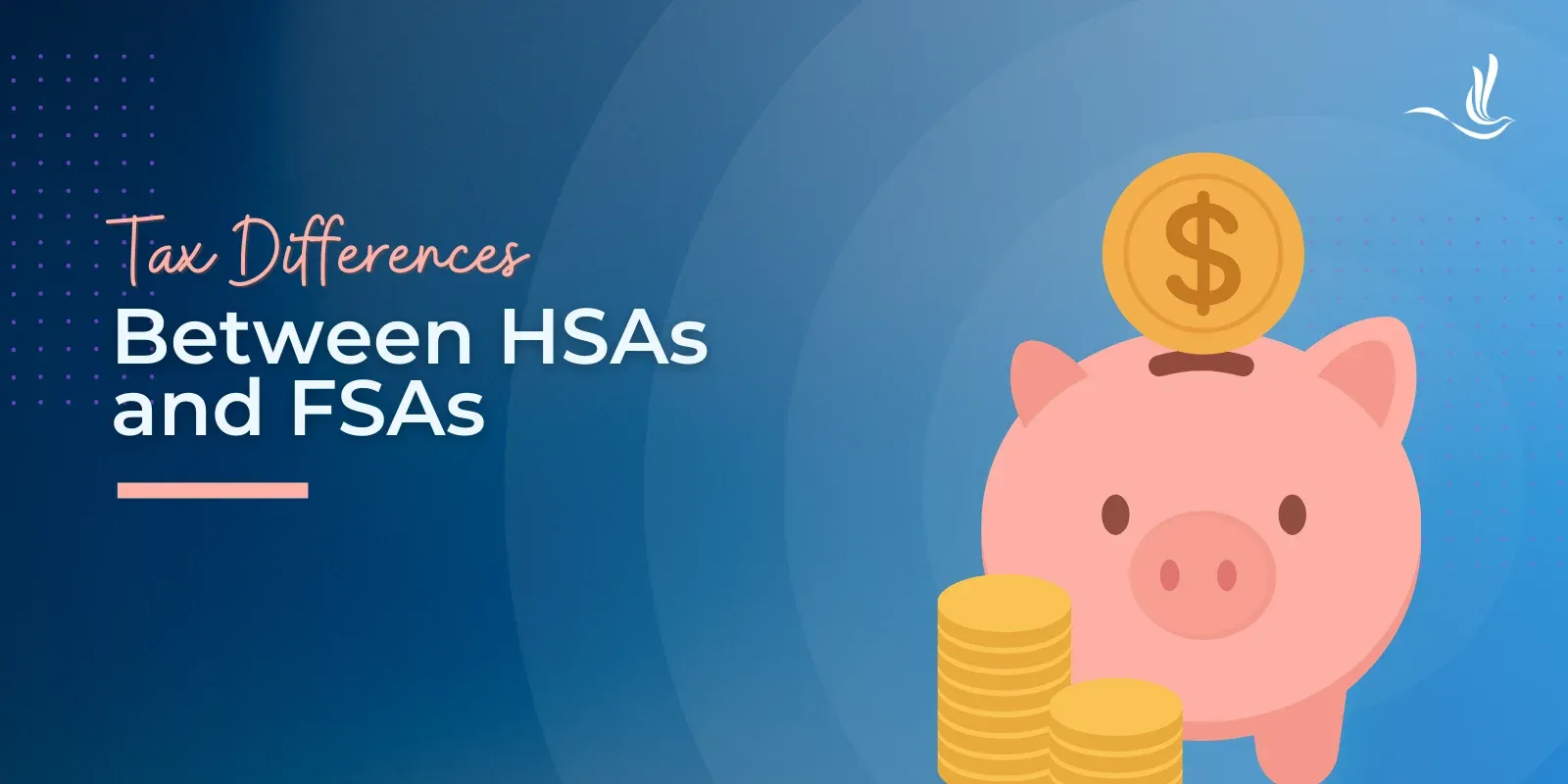April 4, 2023
They say that death and taxes are the only two certainties in life. However, taxes are only collectible for so long. Did you know there is a statute of limitations for IRS collections? Here’s an overview of how the IRS statute of limitations works.
How Long is the IRS Collection Statute of Limitations?
The IRS has a 10-year statute of limitations for tax collections, beginning when the IRS first assesses your tax liabilities.
In other words, the IRS cannot collect tax debt that is older than 10 years. You should keep in mind that the first IRS notice you receive is not necessarily when your liabilities are assessed. Specifically, there is a Collection Statute Expiration Date (CSED), which marks the last day the IRS can collect tax debt. After the CSED, the IRS cannot legally collect your tax debt, which means that your tax debt essentially disappears.
If you want to find your CSED, you can count 10 years from the date on your Notice of Federal Tax Lien.
You can also request a transcript of your IRS account to find the date your liability was assessed and filed. Keep in mind that there are several actions that can delay the statute of limitations, thus pushing out your CSED.
Which Actions Extend a CSED?
There are several qualifying events that can extend a CSED, including:
- Filing for bankruptcy: The IRS will pause the statute of limitations while your bankruptcy filing is pending, beginning from the filing date until the court makes a decision. The CSED will remain suspended for an additional six months.
- Living abroad: The IRS will pause the statute of limitations while you live abroad for six consecutive months or longer. The CSED will remain suspended for six months after you return to the United States.
- IRS installment agreement: The IRS will pause the statute of limitations while it reviews your installment agreement application.
If the agreement is rejected, the CSED will remain suspended for 30 more days. This is also the case if your installment agreement defaults. If you appeal your rejection, the CSED will remain suspended until a decision is final.
- Offer in compromise: The IRS will pause the statute of limitations while it reviews your OIC application. Once a decision is made, the suspension ends.
If your offer is rejected, your CSED will remain suspended for 30 more days.
- Innocent spouse relief: The IRS will extend the CSED until the 90-day petition expires. If you appeal the tax court decision, the statute of limitations will be suspended until a final decision is made, plus an additional 60 days.
- Taxpayer assistance order: The IRS will pause the statute of limitations while it reviews your submitted Form 911, Request for Taxpayer Advocate Service Assistance and Application for Taxpayer Assistance Order.
- Collection Due Process (CDP) hearing: The IRS will pause the statute of limitations while it reviews your request to stop a levy or remove a lien until a determination is made or until you withdraw your request.
- Military deferment: The IRS will pause the statute of limitations during military service and for an additional 270 days afterward. If you serve in a combat zone the CSED will be suspended for up to 180 days after military service.
- Being sued by the IRS: While this event rarely happens, the IRS will pause the statute of limitations during the court proceedings.
Can I Ignore My Tax Debt Until the IRS Collection Statute Expires?
You might be enticed to just wait out the IRS collection statute of limitations. However, this strategy is generally not recommended since it would mean ignoring your growing tax bill and IRS notices.
Under these circumstances, simple actions like getting a job, purchasing a home, registering a vehicle, and operating a business would be very difficult. Working with the IRS will typically be your best option, but doing so alone can be tedious, intimidating, and stressful. Working with a credible and experienced tax relief company can help save time, money, and stress. Optima Tax Relief has over a decade of experience helping taxpayers get back on track with their tax debt.
If you need tax help, contact us for a free, no-obligation tax consultation today.






